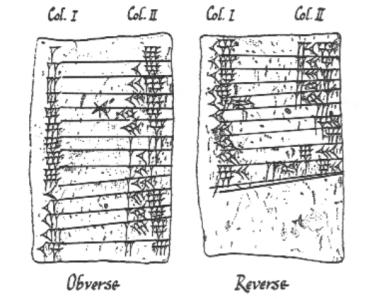- Aug 8, 2017
- 2,607
- 2,526
- 32
- Country
- United States
- Faith
- Non-Denom
- Marital Status
- Celibate
I noticed throughout the Word, ending with Jesus, the seventy times seven phrase being used. I know numbers are significant in the Word, but often times when preached, the person just explain as to forgive someone loads of times. But what if its something even deeper than that? I know Daniel had his prophecy of the seventy-seven weeks, and I'm wondering if what Jesus was talking about was more to refer to that prophecy? That Jesus really meant to forgive until the end of times? What if all the times its was mentioned in the Word, it was to connect to Daniel's prophecy, even inadvertently as it was with Lamech (Genesis 4:24)?
I just wonder if anyone ever has, or do have thoughts about this? It's really interesting...
I just wonder if anyone ever has, or do have thoughts about this? It's really interesting...

